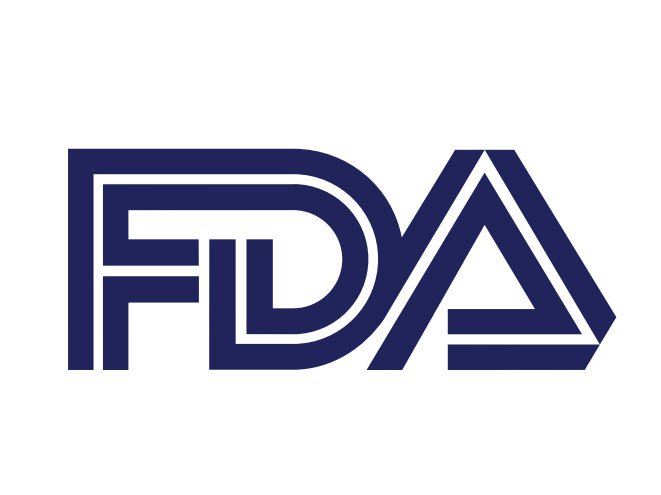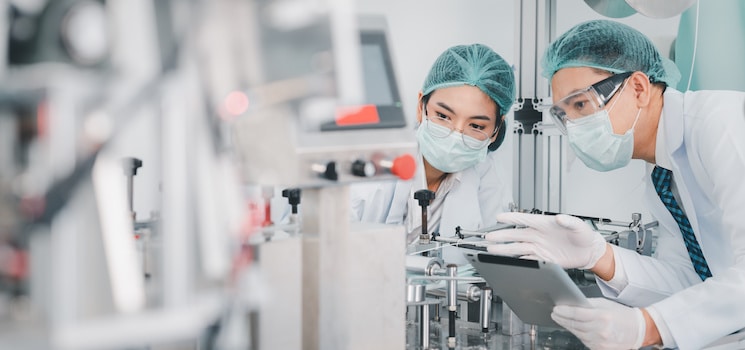The new article provides additional details regarding the submission process itself. In particular, it covers the aspects related to the content of the submission and also outlines the scope of changes for which the submissions are required.

Table of Contents
The Food and Drug Administration (FDA or the Agency), the US regulating authority in the sphere of healthcare products, has published a guidance document dedicated to manufacturing site change supplements. The document is intended to provide additional clarifications regarding the applicable regulatory requirements, as well as recommendations to be followed by medical device manufacturers to ensure compliance thereto. At the same time, provisions of the guidance are non-binding. Moreover, an alternative approach could be applied, provided such an approach is in line with the respective legislation as has been agreed with the authority in advance.
Site Change Supplement vs a 30-Day Notice
First of all, the FDA explains what is a manufacturing site change, and when it should be submitted as a site change supplement versus a 30-Day Notice. Due to the numerous inquiries related to the FDA regulatory requirements to be applied in case of changes to the manufacturing site, the authority finds it necessary to provide additional clarifications to assist the parties involved. In most cases, this applies to situations when the manufacturing site is moved. However, it could be also applied when the site is expanded, supplemented with a new manufacturing facility, or the equipment used in manufacturing processes is moved from one premise to another within the same facility. The scope of the guidance covers a wide range of scenarios and provides recommendations to be followed. In particular, the document contains a table that describes when a particular scenario would be considered “use [of] a different facility or establishment” for which a manufacturer should file a PMA site change supplement or when a scenario would be considered a “modification to manufacturing procedures or methods of manufacture” that is eligible for a 30-day notice. The authority further explains that for the document, a concept of a “different site” applies to the one which was not approved within the scope of the initial application, or was approved, but for different manufacturing activities. In such cases, if the changes impact the safety or effectiveness of the product, the manufacturer should submit a 180-day PMA supplement. At the same time, the authority acknowledges that the changes to the manufacturing facility in most cases will not result in changes in the technologies used or the devices manufactured. However, the authority would still assess the aspects related to the manufacturing technologies and products manufactured. In the case of Humanitarian Device Exemption, a holder should submit a 75-day supplement.

Specific Aspects
According to the guidance, the site change supplement should identify any manufacturing location changes and any associated changes to the manufacturing resulting from the site change (e.g., a new facility requires changes to the water filtration for manufacturing). The authority also mentions that in case of changes that are not directly related to the facility move, such changes should be addressed separately by the device of separate submission, since they are not considered part of the manufacturing site change supplement. The FDA additionally emphasizes that before any manufacturing site change will be implemented, the appropriate approval of the 180-Day PMA Supplement should be granted.
As was mentioned before, for some changes, it would be sufficient to submit a 30-Day Notice. For instance, this could take place in case the change happens between the manufacturing sites already approved by the authority, the activities are the same, and the products manufactured are similar. Moreover, in case the new manufacturing site has been approved previously by the authority, and personnel has experience with the technologies used, this would not be considered a change to a different site, but a “modification” to the current manufacturing method, hence, it would be sufficient to submit a 30-Day Notice to comply with the applicable requirements in case such changes impact the safety or effectiveness of the medical devices manufactured.
It is also stated that FDA does not consider the use of a new facility or establishment for the manufacture, processing, or packaging of a component of a finished device to require a PMA supplement. By the applicable regulatory requirements, the entities involved in the manufacturing of components are not obliged to follow the Quality System regulation requirements, while the said requirements apply to the manufacturers of finished devices who should duly apply the purchasing controls and acceptance criteria. Hence, in case the entity decides to change the supplier of critical components used for the device it is responsible for, it would be necessary to submit a 30-Day Notice since these changes are expected to impact the safety or effectiveness of the products. Should such changes be not critical for the performance of the device in question, a 30-Day Notice would not be required, although such changes should be reflected properly in the Annual Report the responsible party should submit on an annual basis.
As was mentioned before, the guidance provides the table containing information about the changes that are more likely to require a PMA supplement to be submitted, since they will potentially impact the safety or effectiveness of a medical device. The table outlines certain types of changes and indicates whether a Site Change Supplement or a 30-Day Notice will be required.
According to the table, a Site Change Supplement will be required in the case of:
- Moving manufacturing, processing, or packaging activities for a finished device to a new manufacturing site that was not part of the PMA application or a PMA supplement for the subject device;
- Moving the manufacturing, processing, or packaging activities for a finished device to a contract manufacturer not approved as part of the PMA or a PMA supplement.
At the same time, a 30-Day Notice should be submitted in case of:
- Moving manufacturing, processing, or packaging activities for a finished device from one facility to another within the same establishment that has the same FEI;
- Moving the manufacturing or processing of a component that is critical to the finished device’s function, operation, or specification.
In summary, the present FDA guidance describes in detail the requirements to be applied concerning changes to the manufacturing sites. The document explains the approach to be applied when determining the particular pathway to be followed depending on the nature of changes in question and their potential impact on the device, its safety, or effectiveness.
How Can RegDesk Help?
RegDesk is a next-generation web-based software for medical device and IVD companies. Our cutting-edge platform uses machine learning to provide regulatory intelligence, application preparation, submission, and approvals management globally. Our clients also have access to our network of over 4000 compliance experts worldwide to obtain verification on critical questions. Applications that normally take 6 months to prepare can now be prepared within 6 days using RegDesk Dash(TM). Global expansion has never been this simple.

